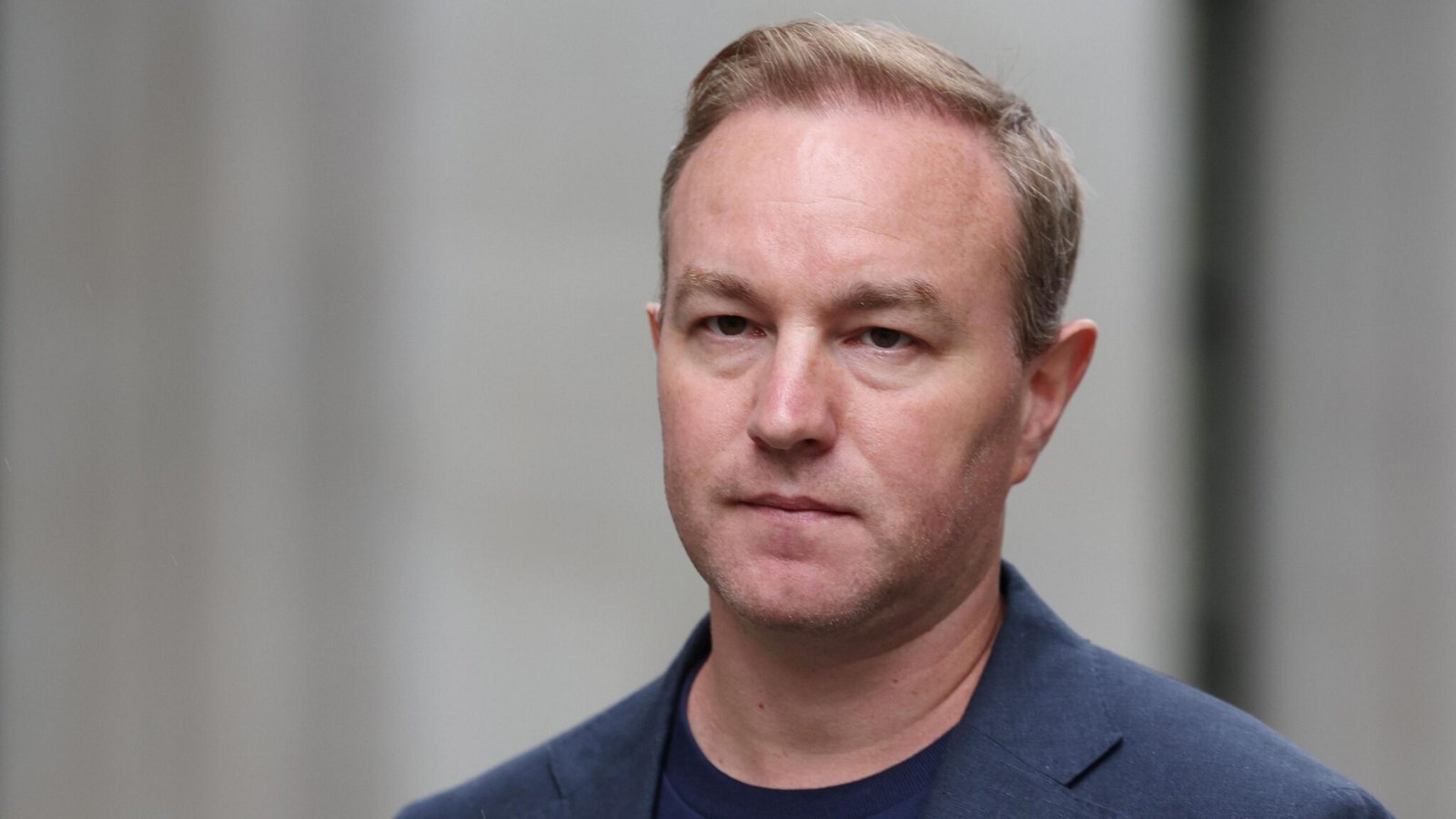London – October 28, 2025 — Tom Hayes, the former trader at UBS and Citigroup, once portrayed as the face of the global Libor-rigging scandal, has filed a massive ₹3,340 crore ($400 million) lawsuit against his former employer UBS Group AG.
Hayes, whose 2015 conviction for manipulating interest rates was overturned earlier this year by the UK Supreme Court, has accused the Swiss banking giant of malicious prosecution and scapegoating him to protect its top executives.
In a complaint filed in a Connecticut state court, Hayes alleges that UBS “stage-managed” the entire Libor investigation to portray him as the “evil mastermind” behind the scheme, ensuring that regulators and prosecutors would not target the bank’s senior leadership.
“And like all good theater, UBS’s show had a hand-picked villain: Tom Hayes,” the lawsuit states.
UBS Avoided Prosecution, Paid ₹12,500 Crore in Settlements
According to Hayes, UBS strategically diverted attention by cooperating with global regulators, which allowed the bank to avoid criminal prosecution even as it paid ₹12,500 crore ($1.5 billion) in settlements to U.S., U.K., and Swiss regulators in 2012.
These settlements were part of a wider crackdown on manipulation of the London Interbank Offered Rate (Libor) — a key global benchmark used to determine interest rates for over $300 trillion (₹25,000 lakh crore) worth of loans and financial products, including credit cards, student loans, and mortgages.
While UBS escaped without a criminal case, Hayes was charged in 2012, convicted in 2015, and sentenced to 11 years in prison. He served about half his term before being released in 2021.
“I Was Sacrificed to Protect UBS”
Now 46, Hayes claims UBS’s actions destroyed his career, reputation, and mental health, saying he was turned into a scapegoat to save the bank’s public image.
“I was sacrificed to protect the UBS brand. The institution survived, but my life and livelihood were destroyed,” Hayes said in a statement.
His lawsuit seeks compensatory and punitive damages for the loss of income, professional standing, and emotional distress caused by the bank’s alleged misconduct.
Conviction Overturned by UK Supreme Court
In July 2025, the UK Supreme Court overturned Hayes’s conviction, ruling that the trial judge had misdirected jurors by telling them banks could not consider commercial interests when submitting Libor rates. The court said this legal error “undermined the fairness” of the trial, effectively exonerating Hayes.
The ruling was viewed as a major rebuke of how prosecutors handled post-2008 financial crisis cases, where several traders were jailed but senior banking executives largely escaped accountability.
End of Libor, Lingering Questions
Libor — once the world’s most influential benchmark — was officially phased out in January 2022 after global banks collectively paid ₹75,000 crore ($9 billion) in fines.
In total, 19 traders across the U.K. and U.S. were convicted in the scandal.
Despite the benchmark’s end, the controversy continues to shadow global finance. Hayes’s lawsuit now threatens to reopen old wounds for UBS — one of the biggest beneficiaries of the legal immunity that came with early cooperation.
UBS Declines Comment
UBS declined to comment on the case, which is dated October 23, 2025. Hayes also filed a parallel lawsuit in New York, alleging the same facts.
His legal team did not respond to media queries.
The lawsuit marks a dramatic reversal of fortune: a decade after being branded a symbol of financial greed, Tom Hayes is now seeking justice and redemption — with ₹3,340 crore at stake.


